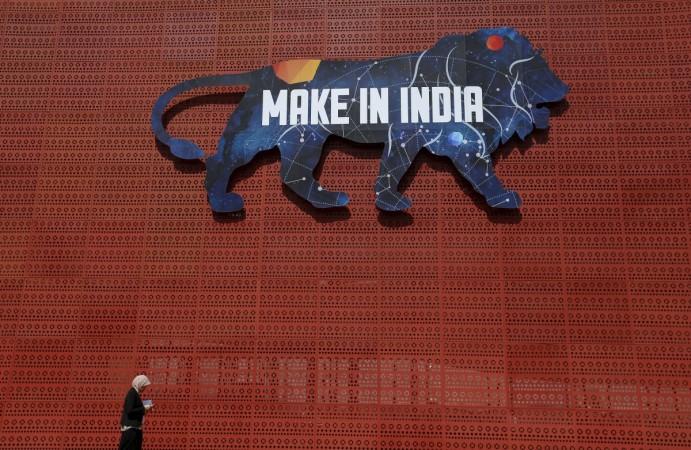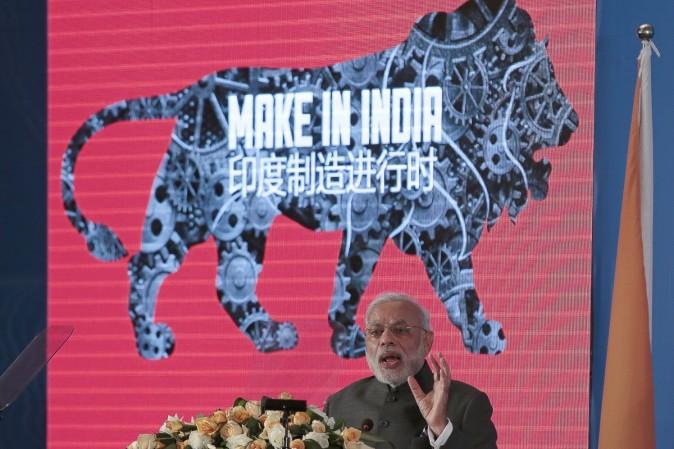
The Indian government has unveiled a significant strategy, the Business Reforms Action Plan (BRAP) 2024, aimed at bolstering the 'Make in India' initiative and enhancing the ease of doing business. This strategic plan, according to the Ministry of Commerce and Industry, is set to establish a seamless business regulatory framework across the country. The Department for Promotion of Industry and Internal Trade (DPIIT) is leading the BRAP 2024, underscoring the government's commitment to fostering a conducive business environment in India.
The BRAP 2024 aligns with other key government initiatives such as the Reducing Compliance Burden (RCB) and Decriminalisation, ensuring a holistic approach to regulatory reform. It also integrates elements from the World Bank's upcoming B-READY programme, expected to streamline regulatory processes, bolster economic growth, and foster greater investor confidence in India's business landscape. The BRAP 2024 introduces an innovative assessment methodology that blends evidence and feedback-based evaluations. This comprehensive and dynamic approach is expected to enable the government to implement more effective reforms. A key feature of the BRAP 2024 is its focus on reducing approval times, a critical aspect of enhancing the ease of doing business as lengthy approval times can deter potential investors.
The plan also aims to integrate online service delivery, making it easier for businesses to comply with regulatory requirements. It leverages initiatives like the National Single Window System and PM Gati Shakti, expected to further streamline the regulatory environment and make it more conducive for businesses. The BRAP 2024 aims to make India a preferred global investment hub, aligning with the government's 'Make in India' initiative, which seeks to transform India into a global manufacturing hub. By streamlining processes, reducing compliance burdens, and implementing digital solutions, the BRAP 2024 is set to transform India's business landscape.

The plan covers critical sectors such as labour, environment, taxes, land administration, utility permits, inspection and construction. It also incorporates new areas like ICT adoption and process reengineering, ensuring that the BRAP 2024 addresses the needs of a wide range of businesses. The BRAP 2024 emphasises transparent service delivery, ensuring that businesses have access to clear information on procedures, fees, and timelines. This transparency is expected to foster greater confidence among businesses and encourage them to invest in India.
The BRAP initiative, first launched in 2014-2015, has been a transformative force in reshaping India's business landscape. The BRAP 2024 builds on the successes of previous editions and introduces next-generation reforms that address the needs of both businesses and citizens. It aligns with Prime Minister Narendra Modi 's vision of creating an ecosystem where businesses can thrive, and citizens experience a more efficient and responsive governance system. As per the latest government data, the production-linked incentive (PLI) scheme under the 'Make in India' initiative has been a great success in terms of attracting investments and increasing exports. The actual investment is likely to reach Rs 2 lakh crore in the next year with 12 lakh jobs. Exports have exceeded Rs 4 lakh crore, with substantial contributions from key sectors such as electronics, pharmaceuticals and food processing.
BRAP 2024 is a significant initiative that is set to enhance the ease of doing business in India and bolster the 'Make in India' initiative. By streamlining regulatory processes, reducing compliance burdens, and implementing digital solutions, the BRAP 2024 is set to transform India into a preferred global investment hub. This strategic plan is a testament to the government's commitment to fostering a conducive business environment and making India a global manufacturing powerhouse.

















